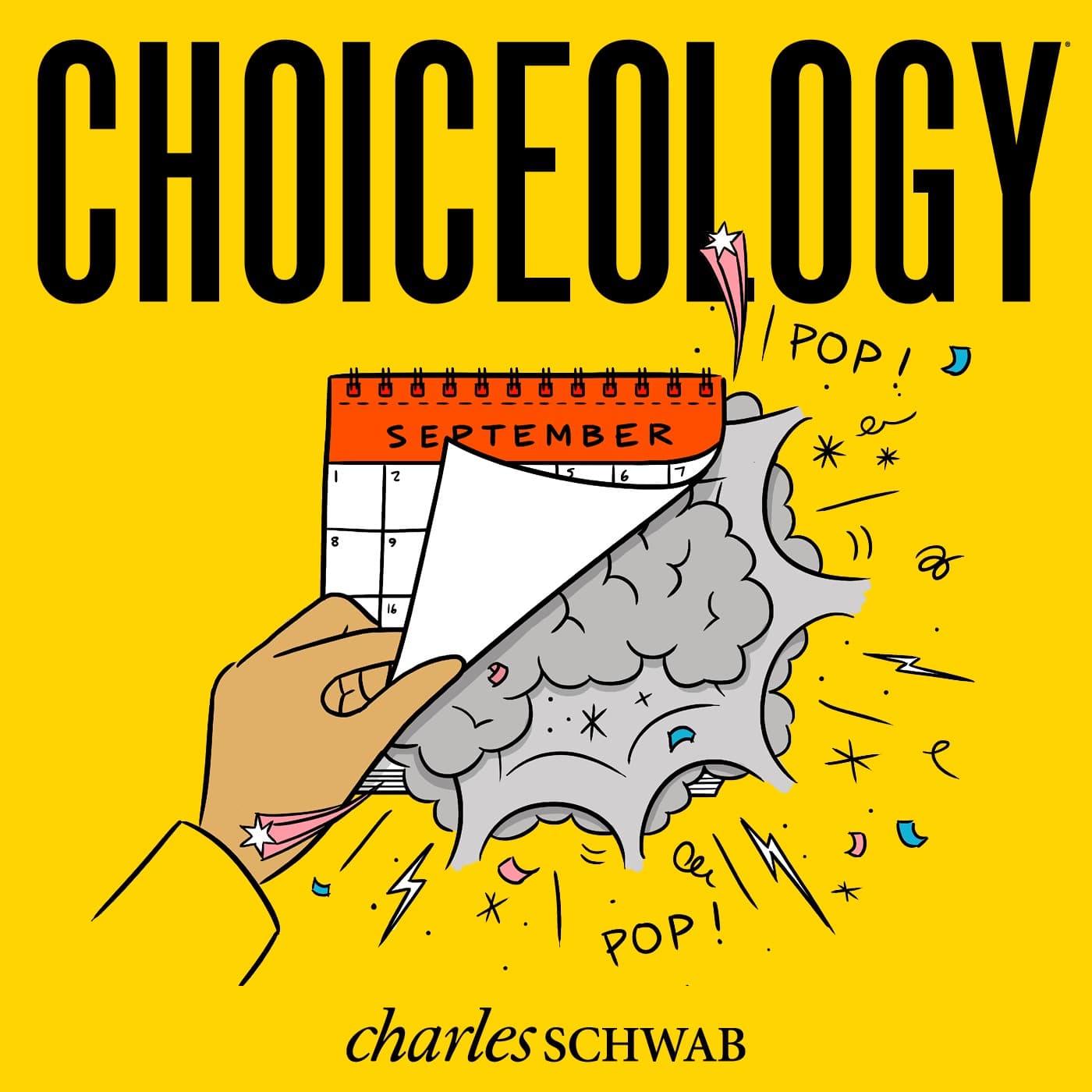Top of Mind: With Guests John Farrell & Manasvini Singh
When someone asks, "What's your favorite restaurant?" odds are you're inclined to recommend a place you've eaten at recently—even if it's not really your favorite.
It's just top of mind.
Why do we weigh recent events so heavily? And how does this tendency impact important decisions, like whom to vote for or how to conduct medical procedures?
In this episode of Choiceology with Katy Milkman, we look at a phenomenon that can cause us to overweight recent events compared to earlier events and make suboptimal decisions.
The 1968 presidential election was one of the closest elections in American history. Following an eventful year of civil unrest, war, and high-profile assassinations, eleventh-hour political machinations from Lyndon B. Johnson and Richard Nixon majorly impacted results. "October surprises," or last-minute revelations in the days before a November election, can weigh heavily on voters' minds at the polling booths. John A. Farrell documents the surprising events leading up to 1968 Election Day and President Richard Nixon's narrow victory.
John A. Farrell is a historian and celebrated political biographer. He is the best-selling author of Richard Nixon: The Life, and his latest book is Ted Kennedy: A Life.
Next, Katy speaks with Manasvini Singh about her research on recency effect and its impacts on physician decision-making in the delivery room. You can learn more in the Science paper Manasvini authored, titled "Heuristics in The Delivery Room."
Manasvini Singh is an assistant professor of social and decision sciences at Carnegie Mellon University. Her research focuses on topics at the intersection between decision theory and health policy.
If you enjoy the show, please leave a rating or review on Apple Podcasts.
Learn more about behavioral finance.
Explore more topics
The comments, views, and opinions expressed in the presentation are those of the speakers and do not necessarily represent the views of Charles Schwab.
Data contained herein from third party providers is obtained from what are considered reliable source. However, its accuracy, completeness or reliability cannot be guaranteed and Charles Schwab & Co. expressly disclaims any liability, including incidental or consequential damages, arising from errors or omissions in this publication.
All corporate names and market data shown above are for illustrative purposes only and are not a recommendation, offer to sell, or a solicitation of an offer to buy any security. Supporting documentation for any claims or statistical information is available upon request.
Investing involves risk including loss of principal.
The policy analysis provided by the Charles Schwab & Co., Inc., does not constitute and should not be interpreted as an endorsement of any political party.
The book How to Change: The Science of Getting from Where You Are to Where You Want to Be is not affiliated with, sponsored by, or endorsed by Charles Schwab & Co., Inc. (CS&Co.). Charles Schwab & Co., Inc. (CS&Co.) has not reviewed the book and makes no representations about its content.
Apple, the Apple logo, iPad, iPhone, and Apple Podcasts are trademarks of Apple Inc., registered in the U.S. and other countries. App Store is a service mark of Apple Inc.
Google Podcasts and the Google Podcasts logo are trademarks of Google LLC.
Spotify and the Spotify logo are registered trademarks of Spotify AB.



